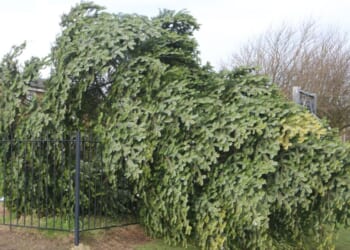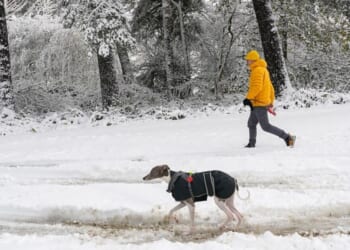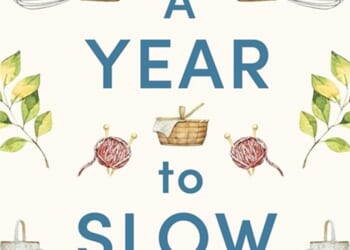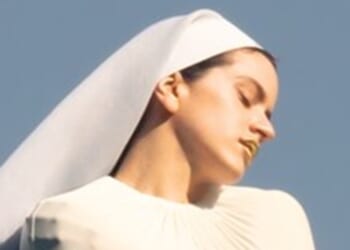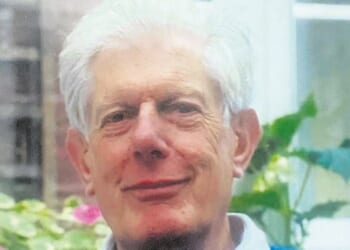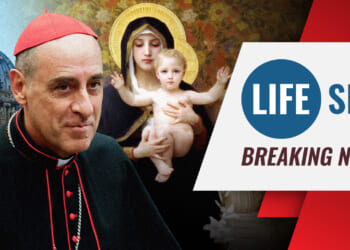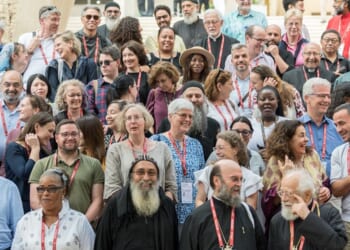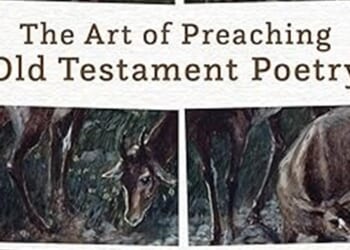I’ve been looking for an occasion to revisit Emmylou Harris. I was a latecomer to Emmylou’s artistry. I discovered her indirectly through my love for the music of the Byrds. In a transitional version of the group, country-rock proponent Gram Parsons jumped on board their groundbreaking Sweetheart of the Rodeo album in 1968. Following that album Parsons and original Byrd Chris Hillman left the Byrds to found the Flying Burrito Brothers.
Around the time Hillman and Parsons departed the Flying Burrito Brothers to pursue other interests, Hillman found Emmylou performing in a Washington, D.C.-area folk club and talked her up to Parsons. On the night he saw her perform, Parsons was one of four in the audience. Parsons sought her out after her set.
“I was knocked out by her singing,” Parsons later recalled. “I wanted to see just how good she was, how well she picked up country phrasing and feeling, so after her set…I introduced myself, and we sang one of the hardest country duets I know — [George Jones’s] ‘That’s All It Took.’ Emmy sang it like she was falling off a log.” Emmylou tells a more complicated version of the story in the revealing interview with Joe Chambers linked below (in the Note at the bottom of this post).
Parsons recruited Emmylou to sing harmonies on his post-Burrito albums and died of a drug overdose in January 1974 at age 26, a few months before the second of his two solo albums was released. Having dropped out of Harvard to pursue a career in music, he was a devilishly handsome and smart guy. See Nancy Walecki’s 2023 Harvard Magazine article “Sound as ever.”
Emmylou pays tribute to Parson in in each of her shows I have seen. They were obviously soulmates of a kind. Parsons dedicated himself to the union of country and rock that he called Cosmic American Music. Emmylou has tapped a deep vein of that music.
From the beginning of her solo career after Parsons died Emmylou proved herself to be a formidable bandleader and interpreter. Among the memorable backing outfits she fronted are the Hot Band, the Nash Ramblers, and Spyboy, each one of which generated an excellent live recording. Taken together, the live recordings offer a good overview of her long and productive career. The unusual four-disc compilation Songbird (2007), consisting of material selected by Emmylou herself, also provides a good introduction to her body of work.
Emmylou’s work with Daniel Lanois on Wrecking Ball in 1995 took her career in another direction. The album won a 1996 Grammy when it was shoehorned into the category of Contemporary Folk Recording. It is a fantastic set.
Emmylou then drew on the Wrecking Ball musicians to put Spyboy together. Daryl Johnson on bass and Brady Blade on drums had worked on those recordings. She added her old friend Buddy Miller on lead guitar. The compact disc of Spyboy was released in 1998.
Spyboy was only given a wide release on vinyl (with bonus tracks) on November 7. See the recent Variety story/interview on the new album here. I want to seize on the occcasion to bring it to your attention with a selection of highlights. The full album is accessible on YouTube here.
I first saw Emmylou perform live with Spyboy at the State Theater in Minneapolis in February 2002 and was (to borrow the formulation of Gram Parsons) knocked out, both by Emmylou and by the Spyboy trio. To say the least, Spyboy was an impressive instrumental outfit.
“Where Will I Be” opened Wrecking Ball. Written by Daniel Lanois, it’s a serious song that more or less sets the tenor of the Spyboy set. The singer has final things in view.
In her shows, whenever she introduces “Love Hurts” — a song on which she provided the harmony part on the second Parsons solo album — Emmylou says without further explanation: “This is what I like to think of as the beginning.” The video of her singing the harmony part with Parsons on lead vocal is available on YouTube. In the Spyboy version, Buddy Miller takes the harmony part to Emmylou’s lead.
“I Ain’t Living Long Like This” derives from Emmylou’s 1978 album Quarter Moon In a Ten Cent Town. Driven by Buddy Miller’s work on guitar, Spyboy turned in a supercharged version of Hot Band alum Rodney Crowell’s song. Self-destruction probably shouldn’t sound this attractive.
“Wheels” is a Chris Hillman/Gram Parsons song from the self-titled Flying Burrito Brothers album (1969). The jaunty tone of the song makes for a change of pace here. Buddy Miller’s work on lead guitar drives the car and keeps the wheels rolling.
Emmylou has become a compelling songwriter in her own right. Based on an interview I can’t find at the moment, I think her grief over the death of Parsons haunts “Prayer in Open D.” However, the song ends on a note of transcendence. It first appeared on Cowgirl’s Prayer (1993). In concert she sends the band offstage and “flies solo,” backing herself on guitar.
The Spyboy show I saw was all highlights. Among the hightest of the highlights was Emmylou’s a capella rendition of “Calling My Children Home,” a song written by the contemporary bluegrass/gospel artist Doyle Lawson. “The Spyboy choir” of Miller, Johnson, and Blade provides the three-part harmony underneath Emmylou’s soaring vocal. Hearing this live was a powerful experience.
Emmylou wrote “Boulder to Birminghan” with Bill Danoff in the immediate aftermath of the death of Parsons. It originally appeared on Pieces of the Sky (1975). I think Emmylou has performed it in every show of hers that I’ve seen.
Emmylou closed the Spyboy show in Minneapolis with a stirring performance of Daniel Lanois’s mystical composition “The Maker.” Lanois says he began writing the song in Dublin looking down into the Liffey and finished it up in New Orleans near the mouth of the Mississippi. The rivers run through it. The band played it live at a volume that captured Lanois’s characteristic ambient sound and enveloped the audience in it. I felt transported.
Emmylou’s performance of the song illustrates several aspects of her career. She has declined to repeat old triumphs. She challenges herself with great material that has taken her beyond her roots in folk and country. She continues to surround herself with outstanding musicians. And she remains an artist who digs deep to explore the feeling latent in the Cosmic American Music.
My excuse for this excursion is the bonus tracks included on the newly released vinyl album. “All I Left Behind” was written by Emmylou with Kate and Anna McGarrigle. A demo of the song is included on Emmylou’s Songbook collection. Emmylou recorded a breathtaking version of the song with Linda Ronstadt on Western Wall: The Tucson Sessions (2008). The McGarrigle sisters themselves back Emmylou with the celestial harmonies on this bonus track.
A spiritual thread runs through the Spyboy recordings. “Green Pastures” (omitted above) is an old Stanley Brothers gospel song included on the original Spyboy disc. The spiritual thread also winds through “Where Will I Be,” “Prayer in Open D,” and “The Maker.” On the bonus tracks the spiritual thread continues in “Every Grain of Sand,” from the Dylan hymnbook.
And in “Get Up John.” The song is a Bill Monroe used-to-be-bluegrass instrumental that Emmylou covered on Live At the Ryman (1992) with lyrics added by Jerry Sullivan and Marty Stuart. With the lyrics, it’s another legitimate Sunday morning song. “The Spyboy choir” backs Emmylou in gospel style. The lively Spyboy instrumental work should serve to get John up.
The new album closes with Lucinda Williams’s “Sweet Old World.” It’s a lament for lost friends that testifies to the beauty of the world. What we have here is a case of form embodying theme.
One more thing. Emmylou looked back on her career here in a terrific Musicians Hall of Fame and Museum interview with Joe Chambers.








